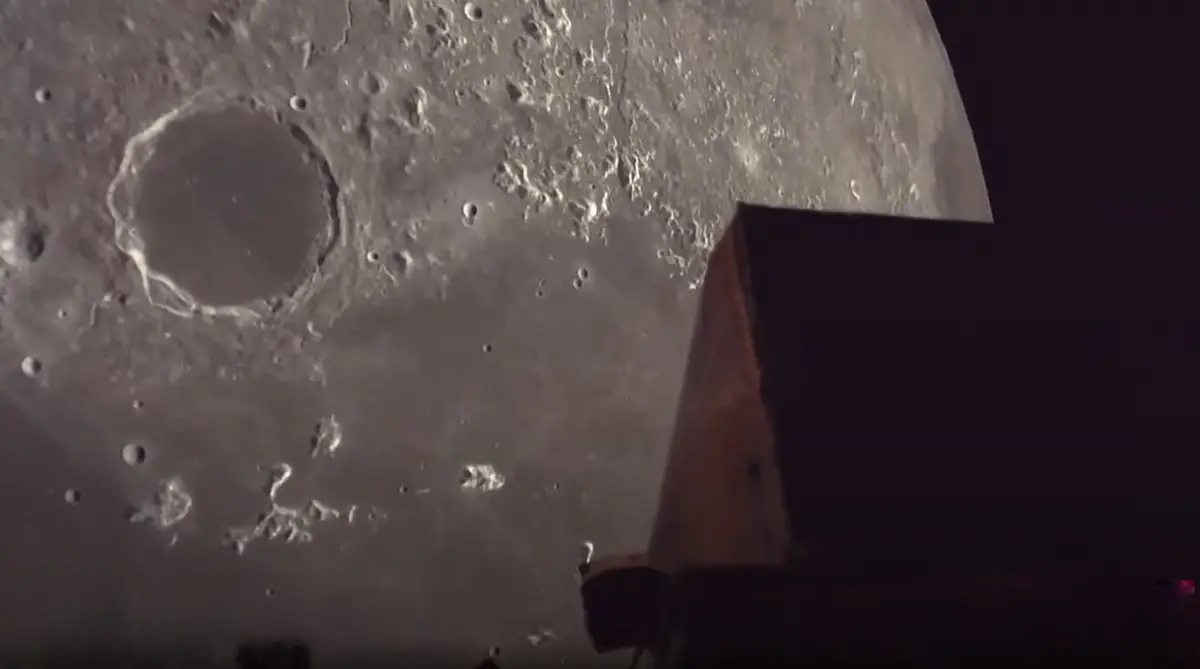
Tokyo. Lunar dream shattered for Ispace: the Resilience lander crashes on the Moon
Japanese start-up fails second attempt at Moon landing; communications with the vehicle interrupted

The lunar dream of the Japanese startup ispace clashes once again with reality: the Resilience lander, part of the 2 SMBC x Hakuto-R Venture Moon mission, has presumably experienced a "hard landing" on the lunar surface, resulting in a loss of communications and effectively marking the end of the mission. The announcement, made today, June 6, 2025, from ispace’s headquarters in Tokyo, represents another setback for the company, which had already attempted a moon landing with the Hakuto-R 1 mission on April 26, 2023, losing contact with the lander shortly before it touched down on the lunar surface.
The sequence of events, closely monitored by the Hakuto-R Mission Control Center in Nihonbashi, Tokyo, began at 3:13 AM local time today, when the commands for the descent phase were transmitted to the Resilience lander. The vehicle descended from an altitude of approximately 100 km down to 20 km, successfully igniting its main engine to initiate deceleration. Despite the lander’s attitude being nearly vertical, the telemetry was subsequently lost, and no data indicated a successful landing. Communication with the lander was interrupted, and a restart attempt was unsuccessful.
Preliminary data analysis revealed that the laser altimeter, crucial for measuring the distance from the lunar surface, failed to acquire valid readings in a timely manner, recording delayed and thus misaligned values. This prevented the lander from decelerating sufficiently to achieve the velocity required for the planned touchdown, leading to the presumption of a violent impact. At 8:00 AM on June 6, 2025, mission controllers declared that communications would not be restored, confirming the failure of phase 9 of the mission.
Takeshi Hakamada, founder and CEO of ispace, expressed regret, stating that the current priority is the analysis of telemetry data to identify the cause of the failure and restore confidence among shareholders, customers, and partners. Just two days ago, on June 4, Hakamada had issued a statement brimming with optimism, emphasizing the importance of this second attempt following the experience of the Hakuto-R 1 mission and reaffirming the objective to build a cislunar economy that economically and socially connects the Moon and Earth.
ispace, with offices in Japan, Luxembourg, and the United States and over 300 employees, is a global aerospace startup specializing in the design and construction of lunar landers and rovers. Its vision is "To expand our planet. To expand our future", aiming to extend the sphere of human life into space and create a sustainable world through low-cost, high-frequency transportation services to the Moon. Despite recent setbacks, the company is committed to continuing its mission, capitalizing on the lessons learned for future lunar exploration attempts.
AVIONEWS - World Aeronautical Press Agency